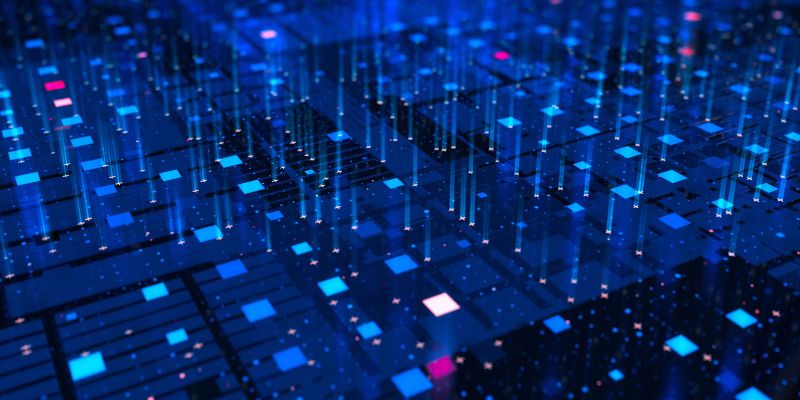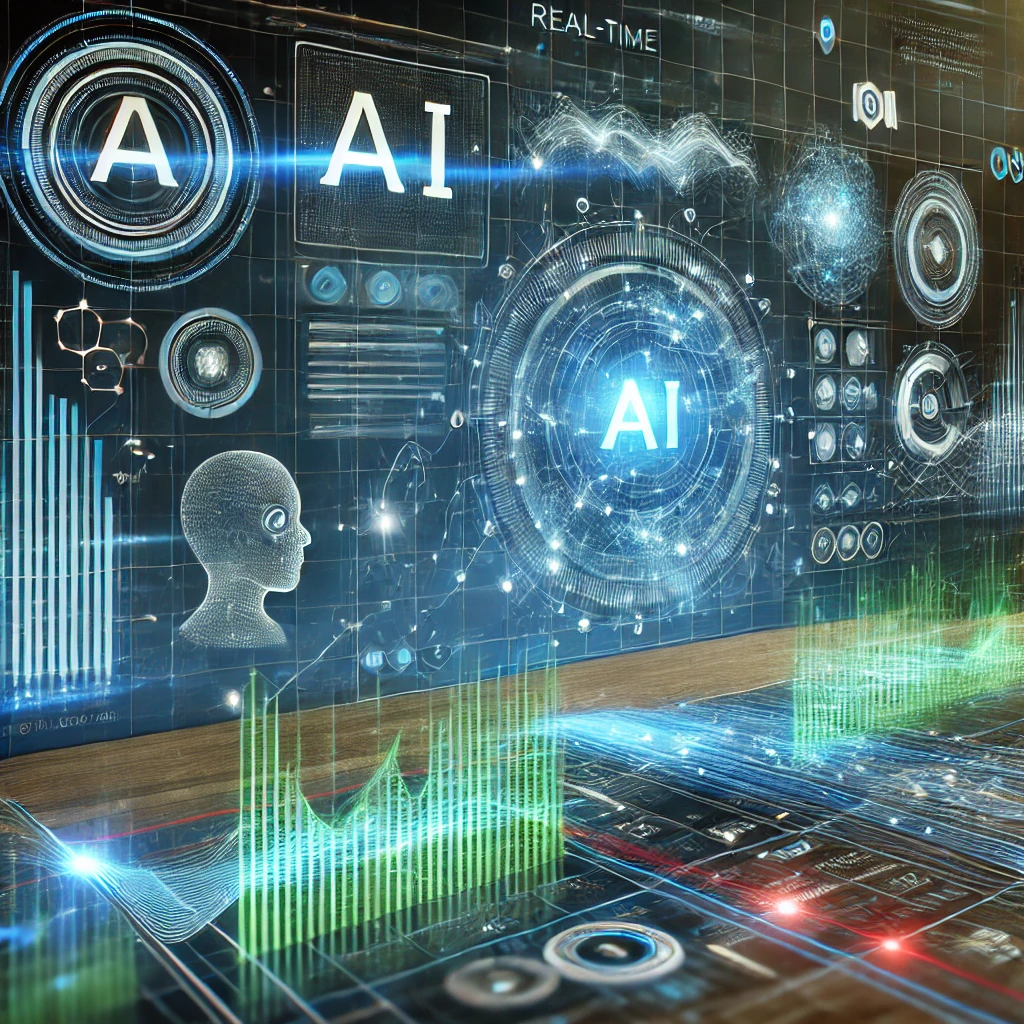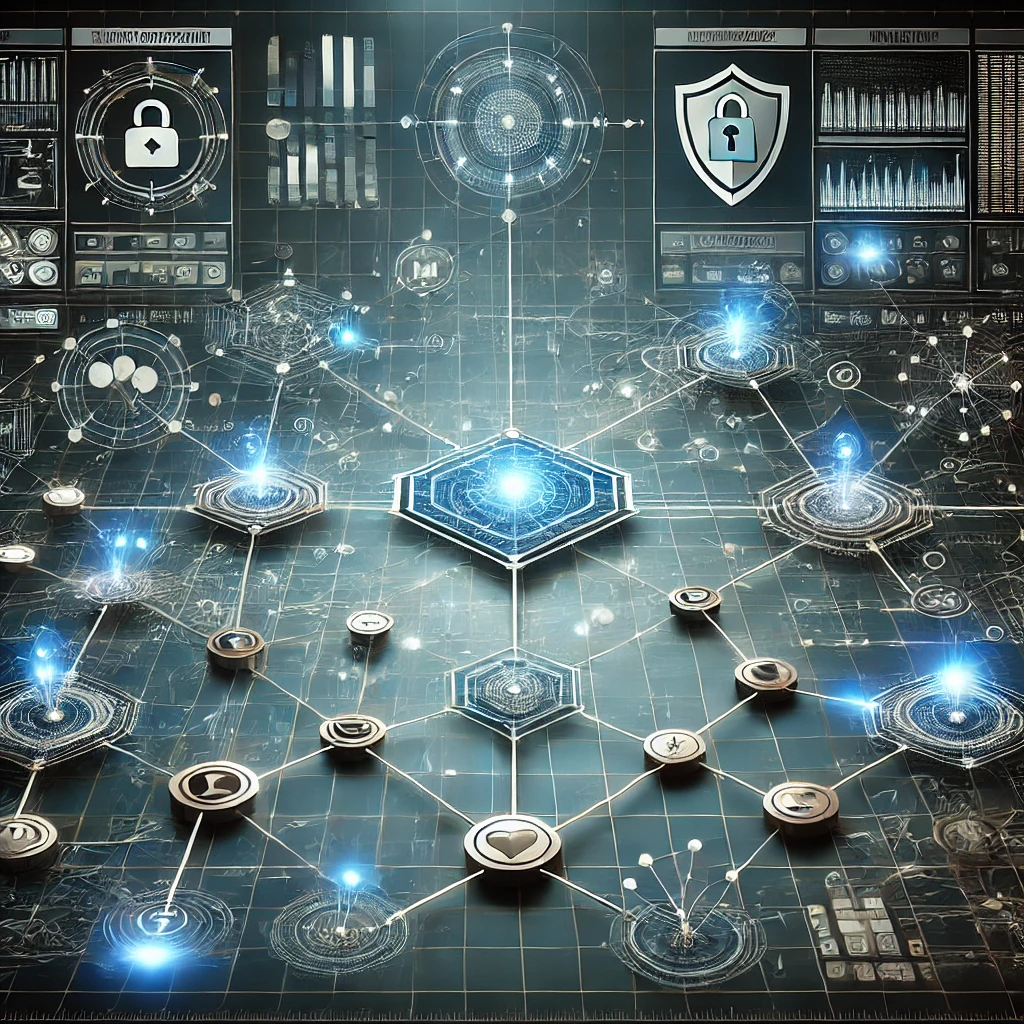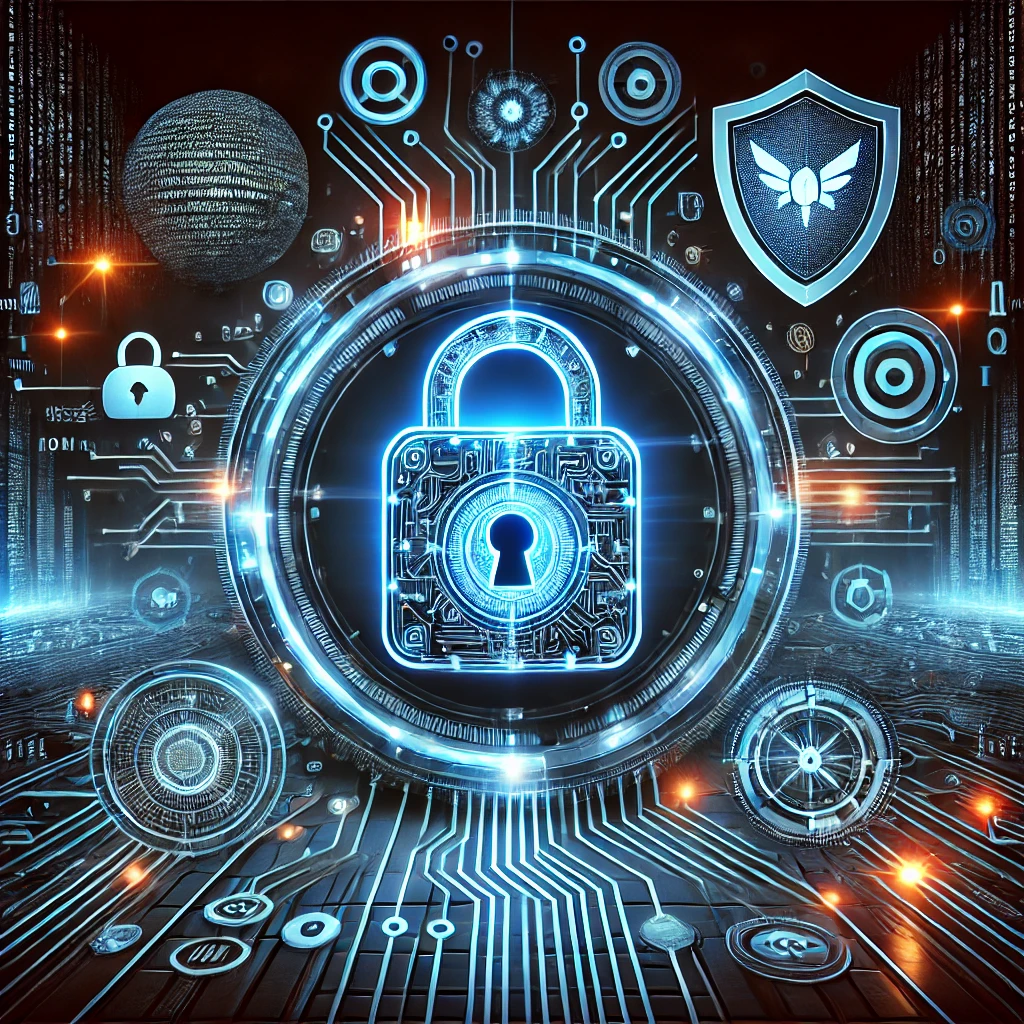
How Quantum Computing Could Revolutionize Cybersecurity
- Quantum computing represents a new paradigm that harnesses the principles of quantum mechanics—such as superposition and entanglement—to perform calculations at speeds far beyond the capabilities of classical computers. This leap in processing power could crack today’s most secure encryption algorithms in a fraction of the time, posing unprecedented risks to global data security.
1. Breaking Classical Encryption:
Algorithms like RSA and ECC (Elliptic Curve Cryptography) rely on the computational difficulty of factoring large integers or solving discrete logarithm problems. Quantum algorithms (e.g., Shor’s algorithm) can theoretically solve these problems significantly faster than classical machines, rendering current encryption standards vulnerable.
2. Post-Quantum Cryptography:
In response, researchers are exploring post-quantum cryptographic algorithms that will remain secure in a post-quantum era. Technologies such as lattice-based, code-based, and multivariate polynomial cryptosystems are being developed to withstand quantum attacks. The early adoption of these algorithms is critical for businesses and governments to avoid a cryptographic “apocalypse” where stored data could be decrypted retroactively.
3. Quantum Key Distribution (QKD):
On the flip side, quantum computing also introduces new security possibilities. QKD uses quantum properties (like photon polarization) to generate and distribute cryptographic keys with guaranteed detection of eavesdropping attempts. Any interception attempt changes the quantum state, alerting both parties to a security breach.
4. Real-World Implications:
Organizations handling long-lived data—such as financial institutions, healthcare providers, and government agencies—must act now. Implementing hybrid cryptographic solutions (combining classical and post-quantum algorithms) and gradually migrating to stronger encryption standards is essential.
Ultimately, quantum computing is both a threat and a salvation. As the technology matures, preparing for quantum-safe cybersecurity will be paramount to protect sensitive information and maintain trust in digital ecosystems.




